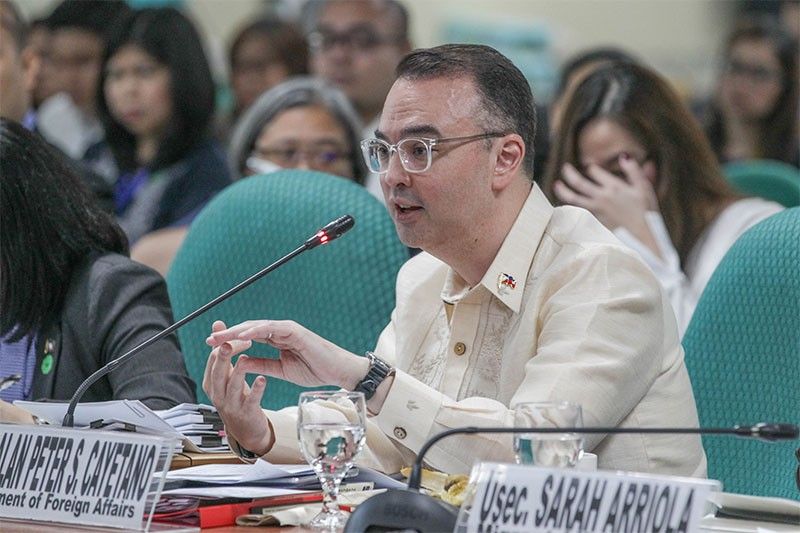DFA urged to adopt optional protocol to international rights covenant

MANILA, Philippines — Sen. Leila de Lima has urged the Department of Foreign Affairs to consider adherence to and adoption of the Optional Protocol to the International Covenant on Economic, Social and Cultural Rights (OP-ICESSR).
The senator filed Senate Resolution 898 to adopt the covenant, which provides for a communications procedure allowing victims of rights violations to present complaints before a committee on economic, social and cultural rights.
The protocol also provides for an inquiry procedure allowing the committee to start an investigation if it receives information that a state party has violated the ICESCR.
According to the UN, optional protocols are supplemetary treaties "which may either provide for procedures with regard to the treaty or address a substantive area related to the [main] treaty."
They are treaties in their own right and "are open to signature, accession or ratification by countries who are party to the main treaty."
“Certain individuals and sectors are vulnerable to civil and political rights violations given their economic, social, and cultural conditions,” De Lima said in her resolution.
The senator noted that the optional protocol could push for further development and crafting of more laws and policies that "uplift the dignity of all, and strengthen the existing legal system."
In her resolution, De Lima lamented how poverty still persists in the Philippines.
"Despite the considerable economic growth rate in recent years, 2015 data from the Philippine Statistics Authority reveals that 16.5% of Filipino families, or 21.6% of the entire population, are poor," the resolution read.
This data show that about 21.9 million Filipinos cannot afford basic food and non-food needs, the senator added.
Philippines ratified ICESCR in 1974
In June 7, 1974, the Philippines was among the 184 United Nations member-states that ratified the ICESCR, that provided a range of economic, social and cultural rights of individuals.
Section 1, Article XIII of the 1987 Constitution also provides that "[t]he Congress shall give highest priority to the enactment of measures that protect and enhance the right of all the people to human dignity, reduce social, economic, and political inequalities, and remove cultural inequities by equitably diffusing wealth and political power for the common good."
It would be ideal for the country to adopt the optional protocol in the spirit of the Constitution and the Philippines' adherence to the ICESCR, the senator said.
The ICESCR and the International Covenant on Civil and Political Rights, together with the Universal Declaration on Human Rights, form the International Bill of Rights.
Two years ago, an 18-member team from the UN Committee on Economic, Social and Cultural Rights visited the Philippines to conduct a review of the human rights situation in the country. — Patricia Lourdes Viray
- Latest
- Trending
































